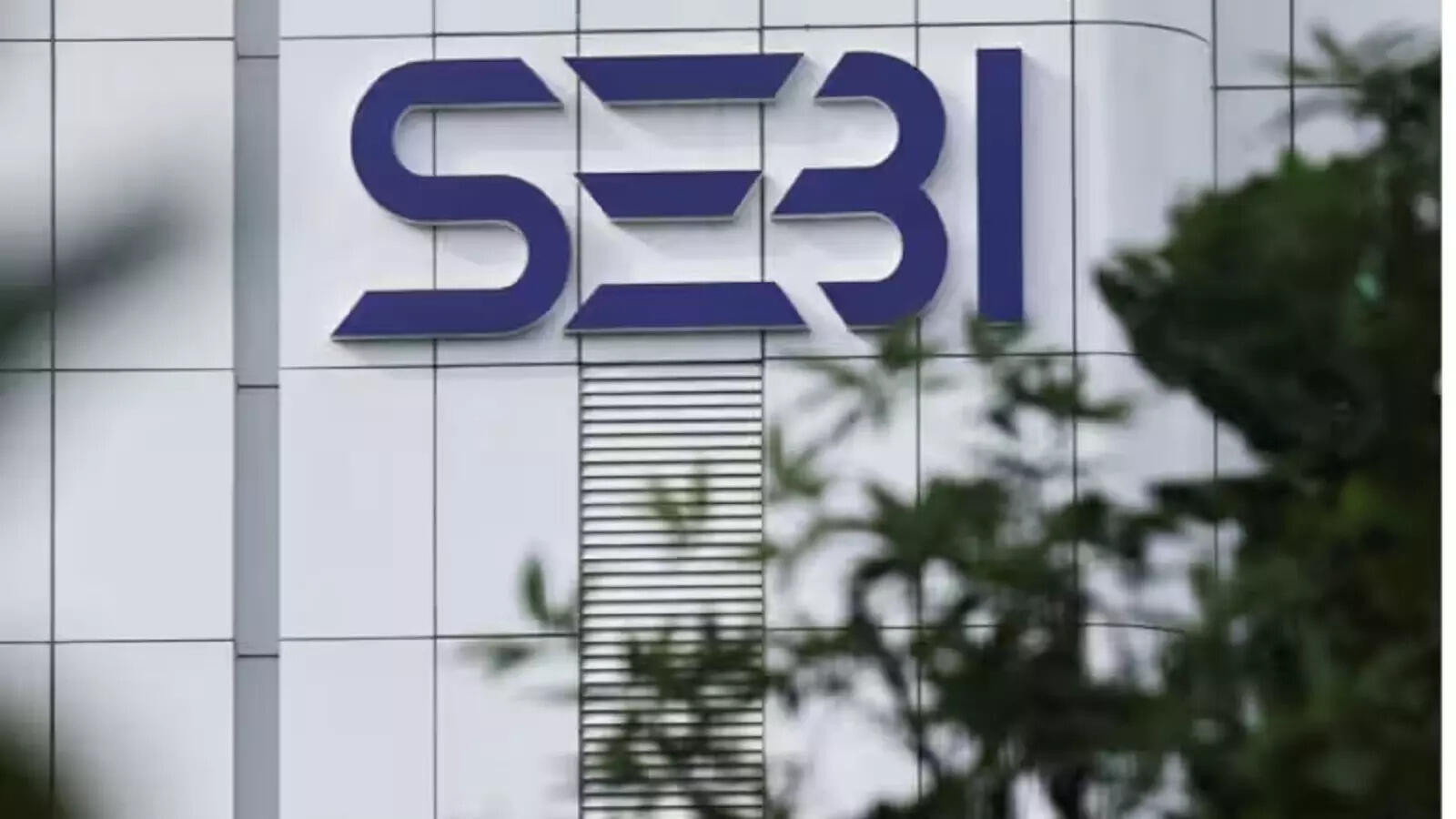The Market Watchdog Bites: SEBI Acts on Suspicious Trading Activity
The Securities and Exchange Board of India (SEBI), the country’s market regulator, just threw down the gauntlet. In a decisive move, they’ve barred 13 entities from the securities market, alleging manipulative trading practices that artificially inflated stock prices and then profited handsomely. Think of it like a financial heist movie, only with spreadsheets and algorithms instead of masks and getaway cars.
The investigation, which led to this ban, centered around the trading activity in the shares of MSR India Limited. SEBI alleges that these 13 entities colluded to drive up the price of MSR India’s stock through deceptive trading strategies. They weren’t investing based on fundamental value or long-term prospects; instead, they were allegedly orchestrating a pump-and-dump scheme.
Imagine blowing up a balloon until it bursts – that’s essentially what happened with MSR India’s stock, according to SEBI’s findings. The involved parties allegedly created artificial demand, luring in unsuspecting investors with the promise of quick gains. Then, once the price reached a certain peak, they allegedly cashed out their holdings, leaving everyone else holding the deflated balloon.
This kind of manipulation undermines the very foundation of a fair and transparent market. It erodes investor confidence and creates an uneven playing field where the average investor is at a distinct disadvantage. SEBI’s action sends a clear message: such behavior will not be tolerated.
But what exactly did these entities do? While the full details of SEBI’s investigation are, for now, closely guarded, the regulator’s order points to a pattern of coordinated trading activity. This suggests that the entities were not acting independently but were working together with a pre-determined strategy to manipulate the stock price.
This wasn’t just about making a quick buck, either. SEBI’s order also indicates that these entities allegedly made significant profits from their manipulative trading. They allegedly lined their pockets by exploiting the artificial inflation of the stock price, leaving a trail of financial damage in their wake.
The implications of this case extend beyond just MSR India Limited. It serves as a warning to anyone contemplating similar manipulative tactics. SEBI is clearly demonstrating its willingness to use its powers to investigate and prosecute market misconduct, ensuring that the market remains a level playing field for all participants.

Understanding Market Manipulation and SEBI’s Role
Market manipulation takes many forms, but the underlying principle remains the same: to artificially influence the price of a security for personal gain. This can involve spreading false information, creating fake trading activity, or engaging in other deceptive practices. The goal is always to mislead investors and create an unfair advantage.
SEBI plays a crucial role in detecting and preventing market manipulation. It has the authority to investigate suspicious trading activity, issue orders to restrict trading, and impose penalties on those found guilty of market misconduct. The regulator uses sophisticated surveillance tools to monitor trading patterns and identify potential instances of manipulation.
The Road Ahead for the Accused
The 13 entities now face a ban from participating in the securities market. They are prohibited from buying, selling, or dealing in any securities, either directly or indirectly. This ban remains in effect until further notice, pending a more thorough investigation into the allegations.
This is not necessarily the end of the story. The entities have the right to appeal SEBI’s order. They can present their case to the Securities Appellate Tribunal (SAT), an independent body that hears appeals against SEBI orders. The SAT will then review the evidence and decide whether to uphold, modify, or overturn SEBI’s decision.
This case underscores the importance of vigilance in the stock market. Investors should always do their own research and be wary of stocks that appear to be rising too quickly or without any fundamental reason. If something seems too good to be true, it probably is. Further educating yourself on investment strategies and how to spot market irregularities can be helpful. Explore our other resources on [safe investment practices](internal-link-to-related-article).
SEBI’s Crackdown: A Positive Sign for Market Integrity
Ultimately, SEBI’s decisive action in this case is a positive sign for the integrity of the Indian securities market. It demonstrates that the regulator is committed to protecting investors and ensuring a fair and transparent trading environment. While the investigation is ongoing, the message is clear: market manipulation will not be tolerated. This commitment to fairness is crucial for building investor confidence and fostering long-term growth in the Indian economy. It showcases SEBI’s dedication to maintaining a healthy and ethical marketplace.







